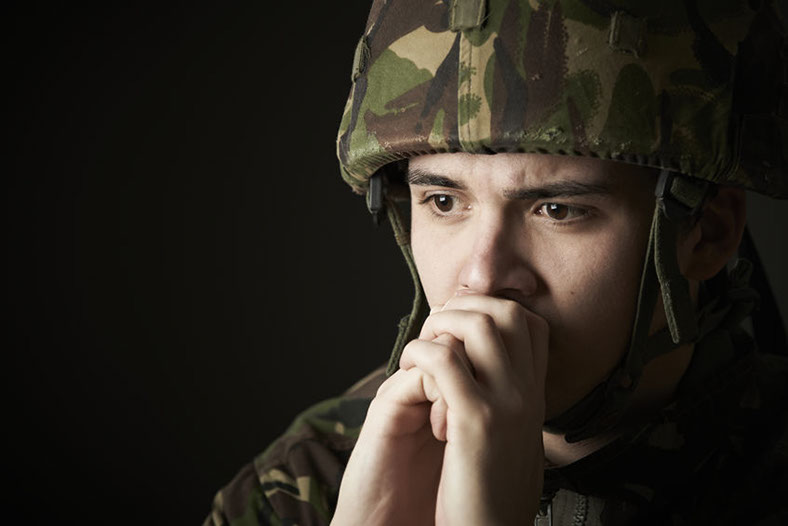SUICIDE LIFELINE
(800)-273-8255
Then Dial 1
Text: 828255
www.veteranscrisisline.net
*External Website

WARNING SIGNS
People experience emotional and mental health crises in response to a wide range of situations—from difficulties in their personal relationships to the loss of a job. For Veterans, these crises can be heightened by their experiences in military service. When emotional issues reach a crisis point, it’s time to call on the Veterans Crisis Line for support.
Sometimes, a crisis may involve thoughts of suicide. Learn to recognize these warning signs:
- Hopelessness, feeling like there’s no way out
- Anxiety, agitation, sleeplessness, or mood swings
- Feeling like there is no reason to live
- Rage or anger
- Engaging in risky activities without thinking
- Increasing alcohol or drug abuse
- Withdrawing from family and friends
The presence of the following signs requires immediate attention:
- Thinking about hurting or killing yourself
- Looking for ways to kill yourself
- Talking about death, dying, or suicide
- Self-destructive behavior such as drug abuse, weapons, etc.
If you are a Veteran or know a Veteran who is experiencing any of these signs, call the Veterans Crisis Line at 1-800-273-8255 and Press 1, chat online at www.VeteransCrisisLine.net, or text 838255 today.
When you ask how someone is doing and get the response “I’m good,” do you ever give it a second thought? The U.S. Department of Veterans Affairs (VA) and the U.S. Department of Defense have come together to create a video that addresses this question. “I’m Good”
According to the World Health Organization (WHO), roughly 800,00 people commit suicide, yearly, with much higher estimates of attempted suicides. Although suicide can occur at any age, suicide is the second highest cause of mortality among people 15 to 29 years old (WHO, 2017).
Suicide is a very sad but very real situation for many people around the world. Here is a list of potential signs to look for if you think someone you know may be considering suicide. How to tell if someone or a friend or family member is suicidal is another way of saving a life.
Families and friends play a vital role in helping Veterans through the challenges they face every day. "Talking About It Matters" demonstrates why asking the hard questions is often the first step toward getting Veterans the support they need. It can be difficult for family members and friends to reach out when they see a Veteran they love in crisis. They may think they can't understand what Veterans have gone through or find words that will be comforting to them. This video shows how reaching out can make all the difference.
“After the Call” offers a glimpse into the lifesaving work of five Suicide Prevention Coordinators (SPCs) — who share their real stories about the work they do every day to support Veterans and their loved ones. Veterans are referred to SPCs through either the Veterans Crisis Line or VA Medical Centers for help navigating VA’s network of care. Veterans dealing with mental health conditions and difficult life events and experiences can call on any of the 300 SPCs nationwide to get connected with the most appropriate treatment and support plan.
Marcos was deployed three times, and lost his buddies to a bomb on his last deployment, right before coming home. Because of his experiences, he was frequently on edge, irritable, and began to engage in dangerous behavior. After a motorcycle accident made him stop and think, he reached out for the help he needed at VA.
NAVIGATION
HOMESUICIDE LIFELINE
SUICIDE PREVENTION
NEWS
ABOUT
ARCHIVES

